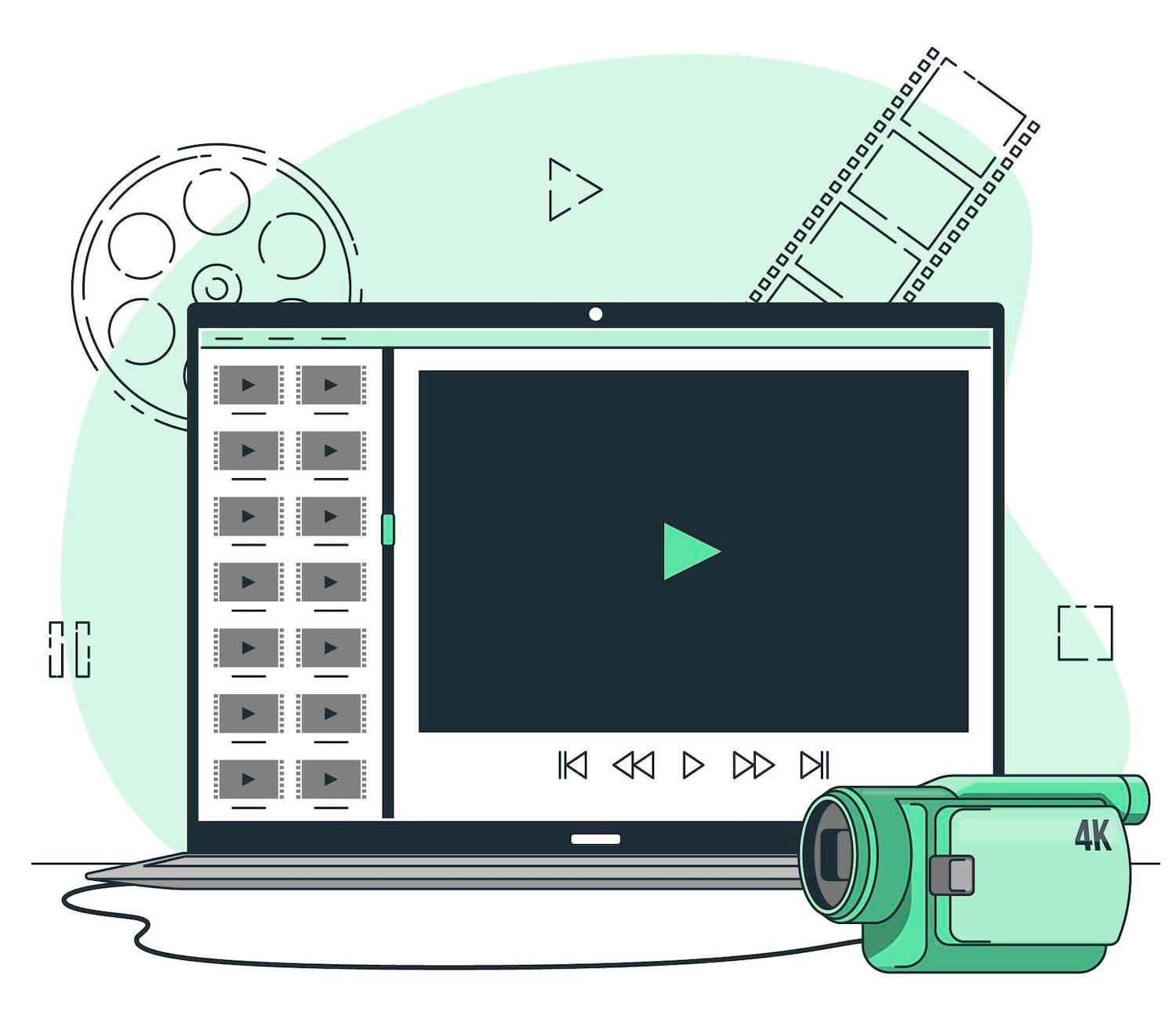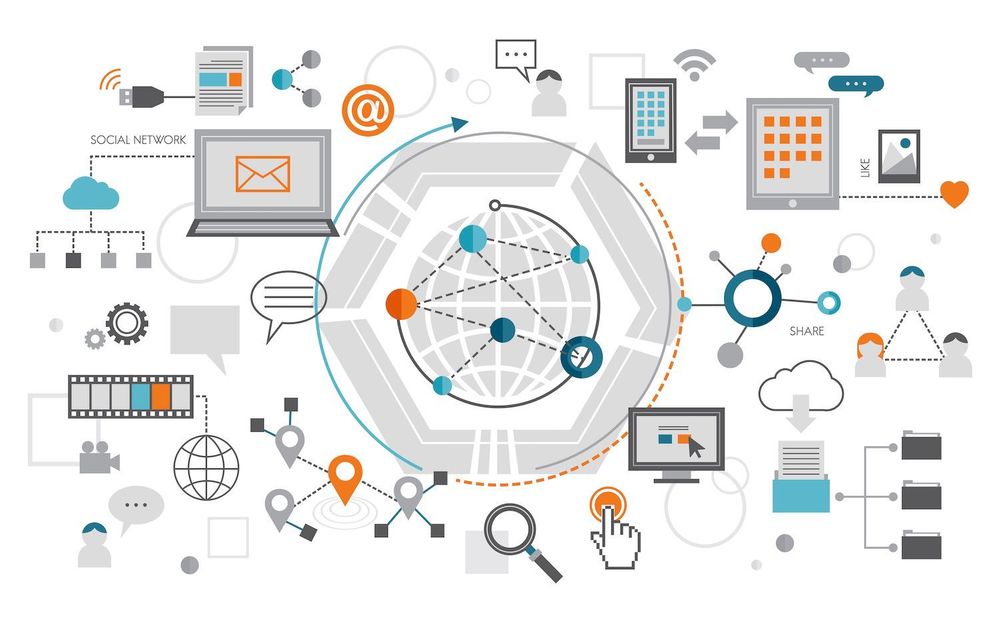Are there ways that SaaS Companies Afford to Ignore VAT and Sales Taxes? -
What I've noticed in my research is that it's common to find SaaS and software companies to ignore taxes associated with transactions (sales taxes tax, GST, VAT. ).
And I get it.
Sales tax, VAT as well as GST, are complicated and complicated. They aren't areas IT experts would like to devote their time.

Be aware that the delay of tax-related transactions may create risks that extend beyond paying taxes in the course of the next couple of years.
I was in an interview with the director of Global Tax Rachel Harding One of the best individuals I've ever met who is knowledgeable on the topic. The conversation was about:
- The penalty of 40% plus interest in the field of software have been incurred because software has not been taxed on sales to the State.
- Multi-million dollar valuation adjustments from historical sales tax noncompliance during acquisition due diligence.
Many more plus.
To answer our own question there is no answer. you shouldn't be avoiding VAT, sales tax and also GST tax.
In this post this article, we'll go over the top five elements SaaS businesses must understand about taxes. The majority of the information in this article was derived from conversations with Rachel. Below, you'll have the opportunity to view two of our conversations to get additional details.
Five Important Factors SaaS Companies Need to Understand About Sales Taxes
1. Sales, VAT, taxes of GST VAT, sales and VAT may have an impact on SaaS prices
In the time during which Rachel was in the mergers and acquisitions tax team of software startups Rachel was able observe price increases of several million dollars because of tax compliance issues.
"If you're considering making any kind of change in ownership regardless whether it's an important or smaller purchase, they'll need to examine your company," Rachel explained. "They will be looking at your entire process for example how well you know the places where your goods could be tax-deductible? Do you follow these guidelines for collecting, remitting or paying tax? Are you compliant? In the event that you're not, your customer may need to have you fix the problem prior to buying the product, or decrease the price of the purchase."
2. If you've done everything right and you've done everything right, there's no need to be held accountable for any additional compensation
"If you stick to the proper procedure, it's net-zero for you," Rachel explained.
The sales tax is a consumptive tax, an expense for the client and not on your business. The tax shouldn't be something that you're paying for. It's still the obligation of an agent to have the ability to collect sales tax on your client's behalf and then transfer it to the proper department of the government. The buyer is responsible, however that is buyers responsibility.
"It's the moment you commit wrong that you'll be able to sustain a financial loss as well as an obligation for your balance account. It's not possible to estimate sales tax two years after the tax is due. Tax is then taken directly out of pockets."
3. Consumption Taxes will be calculated according to the location for the Buyerand not on the location for the Seller.
Taxes on sales can be quite complicated (especially in countries similar to those that are located in the U.S.), but all is important to know is that sales tax will be collected at the location where the profit from the item is made (aka the location that the area of the client is). Taxes aren't based on the location you're in or the place of the office of your company.
In reality, the primary information used in sourcing transactions is the sales invoice together with the IP address. This implies that SaaS is taxed in an same way as products but isn't a service, and only 20 out of forty-five U.S. states with sales tax systems tax SaaS. For the tax year 2018, if you've got sufficient income tax-deductible within the region that is higher than the amount required, you'll be legally classified as having an economic relationship (a massive shout-out goes to the case of South Dakota v. Wayfair for this idea! ).
The threshold for sales could be defined as the number of sales within the designated area before you have to pay tax. Every Tax zone (whether it's a territorial state one, a territorial at the national or state level) is unique in its approach to establish a suitable threshold.
4. There's no doubt that tax laws and regulations have undergone significant changes. Tax Laws and Regulations have substantial changes in the last 10 years.
Sales tax an addition to VAT as well as different tax laws relating to transaction tax have all been revised over the last ten years. Certain modifications are more crucial than others and have completely transformed the tax structure.
2015. EU has a requirement for VAT collection from software companies that are not based on a European base.
1 January 2015 , 1 January 2015. The EU insists that software vendors accept tax payments for VAT and do it according to the place of their customers and not the business site or the location of their employees.
The rates for VAT are determined by the government of the country. The government is accountable to stay up to date with any adjustments in the VAT rates globally. scale.

2018 U.S. affirms it can assess sales tax on companies that are not residents in the United States.
In 2018 , in of 2018 the U.S. Supreme Court ruled that states may impose sales tax for purchases made by vendors from outside of the state (including those selling on sites) regardless of the fact that the seller might not actually have a presence in the state in the tax levied ( South Dakota v. Wayfair, Inc.). (A.k.a. This is the primary motive behind this article, which is to inform non-residents and small-scale businesses that they must be aware of sales tax and its application.)
In the U.S., sales tax rules vary state by state. Florida as well as California do not require the payment of sales tax for SaaS subscriptions. But, New York and Pennsylvania are required to collect the tax.
2020 will be the year in which Massachusetts altered the definition of SaaS fees in 2020 to "personal tangible assets" which means SaaS subscriptions will be offered without sales tax in the state.
In our conversations, Rachel offers other examples of how tax laws have changed especially for SaaS enterprises across the globe:
"We have witnessed, all over the globe, governments implementing laws that target foreign-owned enterprises that offer digital goods and services. The law will require a minimum of the sales. Some of them say every dollar can be tax-deductible."
5. Global Consumption Taxes continue become more complicated
The tax reform legislation that is currently being accepted that directly affects SaaS. In the near future, in many countries, SaaS companies running digital platforms could be required to reveal information to sellers using their platform.
Why have tax laws changed?
Many countries are aware of the loss in taxes that are derived from transactions online, however software firms don't reveal.
They're attempting to come up with new strategies to monitor the flow of money in their countries or states, as well as to ensure that they're collecting it.
Four Ways SaaS Companies Can Manage VAT Four Ways SaaS Companies Can Manage Sales VAT and taxes
What then? How can SaaS companies determine the taxes they're obliged to fulfill and pay on the globe?
There are four strategies we've observed SaaS firms employ to fulfill the tax obligations associated with transactions:
1. Do not pay attention
In this post it is mentioned that delaying taxes on sales is an increasingly popular method, but this one may leave your business vulnerable for decades of tax penalties and fees not paid. The amount of time the period that this strategy can be employed is diminishing. The volume of online purchases grows, and so are the reasons and the capabilities to control it.
2. Self-Help
Self-prepared tax preparation is a great option for businesses that have the ability to effectively manage their taxes by employing an internal staff.
It's not as simple as adding the tax software that is automated to the sales software you're using.
SaaS businesses also have to think about:
- Be sure all of your personal information is protected and accessible.
- It is important to know what you can claim as tax-deductible and how much you can be charged.
- Monitoring tax thresholds to know when it's time to pay taxes and pay taxes.
- In the event of paying the correct amount as well as filing taxes promptly with the tax authorities where it is required. This can be applied to this rule to any month, whether in either a month, quarterly or even an annual.
- Keep up-to-date with the latest taxes and tax rules.
- Answering inquiries and/or notices by tax authorities. Do they consider it illegal? Do they consider this to be a legal issue?
It could be a challenge for a department that does not have the expertise in technology and can lead to frustration and a higher turnover.
3. Employ an accounting firm
If you choose to contract the tax preparation process as the result, you'll be left with lower internal resources to, however this will increase cost. Instead of having a customized plan, working with an accounting company typically implies that they'll take a less cautious strategy to ensure compliance is maintained to the highest possible degree regardless of whether or not you're looking for something more custom.
This is the type of information that only an inside tax expert can access and will require understanding your company's and taxes, tax regulations, and the way they interact.
4. Use the services of the products from Merchant of Record (MoR) and outsource the responsibility
We, as a company, are your sole retailer of any transaction that you perform on your website as well as responsible for collecting and remitting taxes on your behalf. You don't have to be concerned about navigating lower tax rates or custom taxation of tax-exempt transactions B2C or B2B transactions, everything is managed by us.
The record-keeping merchant could be your best friend if there be tax audits, or have questions. If an audit is required, we will step in and offer instructions to enable you to build and expand your SaaS business.
What is the most effective way to run your business?
There's a chance that all of this is overwhelming however, it's not the most effective option to take.
In the words of Rachel she said "I can never promise that you won't get examined. What I do promise is that I'm in a position to assure you that the little actions you take now will help prepare you for a far brighter opportunities in the future."
To determine what's most efficient for your business She suggests assessing the strengths of your business and the possibilities for your.
"It's all about understanding the business you operate and the magnitude of your enterprise, as well as tax laws (duh) in addition to the risks you're willing to accept."
Find my full interviews with Rachel Harding
Part One: Most Important Motivations SaaS Companies Can't Afford to avoid Sales Taxes
Part II: What are the taxes that are more stringent? What does this affect SaaS

Nathan Collier Nathan Collier is the Director of Content and Community for .
This post was posted on this site.
The article was published on this site
This post was posted on here
